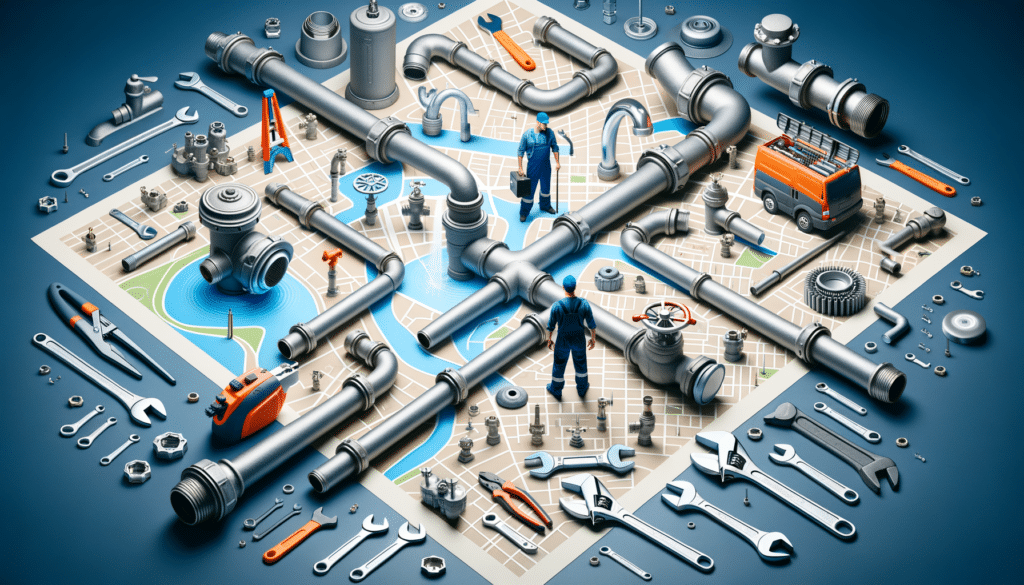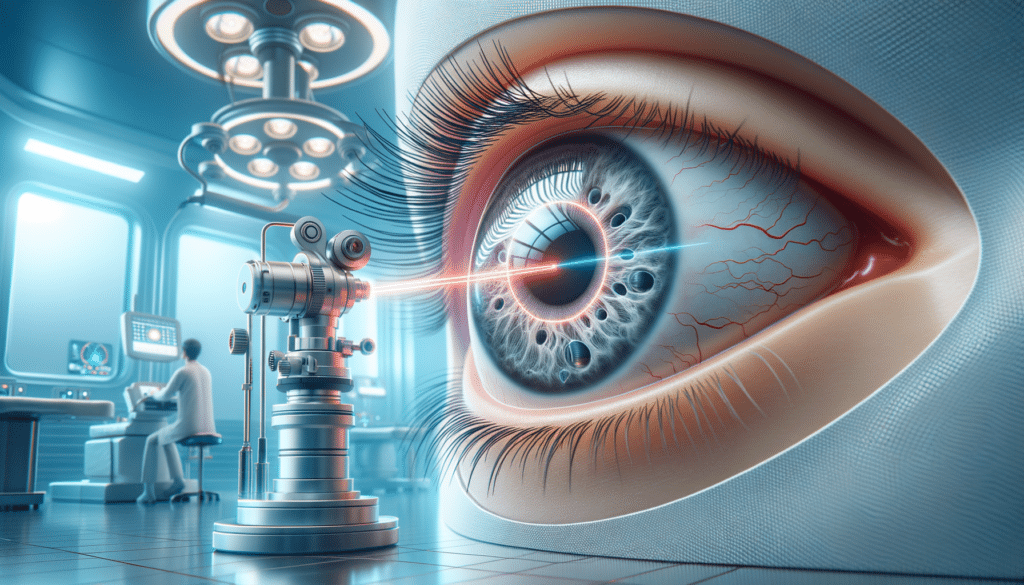Understanding Erectile Dysfunction: A Comprehensive Overview
Erectile dysfunction (ED) is a prevalent condition affecting millions of men worldwide. It is characterized by the inability to achieve or maintain an erection sufficient for satisfactory sexual performance. While it is more common in older men, younger men can also experience ED due to various factors. Understanding the causes and implications of ED is crucial in addressing the condition effectively.
ED can result from a combination of physical and psychological factors. Physical causes may include cardiovascular diseases, diabetes, hormonal imbalances, and neurological disorders. Psychological factors such as stress, anxiety, and depression can also contribute significantly to ED. Lifestyle choices, including smoking, excessive alcohol consumption, and lack of exercise, are additional contributors.
The impact of ED extends beyond physical health, affecting emotional well-being and relationships. Men with ED often experience decreased self-esteem and confidence, leading to strained relationships with partners. Recognizing these broader implications underscores the importance of seeking solutions that address both physical and psychological aspects of ED.
Medical Treatments: Exploring Pharmacological Solutions
Medical treatments for ED primarily involve pharmacological solutions that enhance blood flow to the penis, facilitating an erection. Oral medications, often referred to as PDE5 inhibitors, are among the most common treatments. These include well-known options that have been proven effective for many men.
These medications work by relaxing the muscles in the blood vessels, increasing blood flow to the penis during sexual stimulation. It is important to note that these medications do not cause an erection without sexual arousal. While generally safe, they may not be suitable for individuals with certain medical conditions or those taking specific medications.
Other medical treatments include penile injections, vacuum erection devices, and penile implants. Each option has its own set of advantages and potential side effects. Penile injections, for example, involve injecting medication directly into the penis, which can be effective but may cause discomfort. Vacuum devices use suction to draw blood into the penis, while implants involve surgical procedures to insert devices that can manually create an erection.
Lifestyle Modifications: Natural Approaches to Managing ED
Lifestyle modifications can play a significant role in managing ED, often complementing medical treatments. These natural approaches focus on improving overall health and addressing underlying causes of ED.
Key lifestyle changes include adopting a balanced diet, engaging in regular physical activity, and maintaining a healthy weight. These changes can improve cardiovascular health, enhance blood flow, and reduce the risk of conditions that contribute to ED.
Quitting smoking and reducing alcohol consumption are also vital steps. Smoking can damage blood vessels and restrict blood flow, while excessive alcohol can impair sexual function. Stress management techniques, such as meditation and yoga, can alleviate psychological factors contributing to ED.
Additionally, open communication with partners and seeking counseling or therapy can help address emotional and psychological aspects of ED, fostering a supportive environment for recovery.
Alternative Therapies: Exploring Complementary Treatments
Alternative therapies offer additional options for individuals seeking non-conventional solutions for ED. While scientific evidence supporting these treatments varies, some individuals find them beneficial when used alongside traditional methods.
Acupuncture, for instance, is an ancient practice believed to improve blood flow and reduce stress, potentially benefiting those with ED. Herbal supplements, such as ginseng and L-arginine, are also popular, though their efficacy and safety require further research and consultation with healthcare professionals.
Another alternative approach is the use of pelvic floor exercises, which strengthen the muscles involved in sexual function. These exercises can improve erectile function and are often recommended as part of a comprehensive treatment plan.
While alternative therapies can be appealing, it is essential to approach them with caution and seek guidance from healthcare providers to ensure safety and effectiveness.
Seeking Professional Guidance: The Importance of Medical Consultation
Consulting a healthcare professional is a crucial step in addressing ED effectively. A comprehensive evaluation can help identify underlying causes and determine the most appropriate treatment plan tailored to individual needs.
Healthcare providers can offer valuable insights into the benefits and risks of various treatments, ensuring informed decision-making. They can also monitor progress and make necessary adjustments to treatment plans, enhancing the likelihood of successful outcomes.
Open and honest communication with healthcare providers is essential. Discussing symptoms, concerns, and preferences allows for a collaborative approach to finding the most suitable solution. Additionally, addressing any hesitations or misconceptions about ED treatments can lead to more effective management of the condition.
Ultimately, seeking professional guidance empowers individuals to take control of their sexual health and improve their quality of life.





